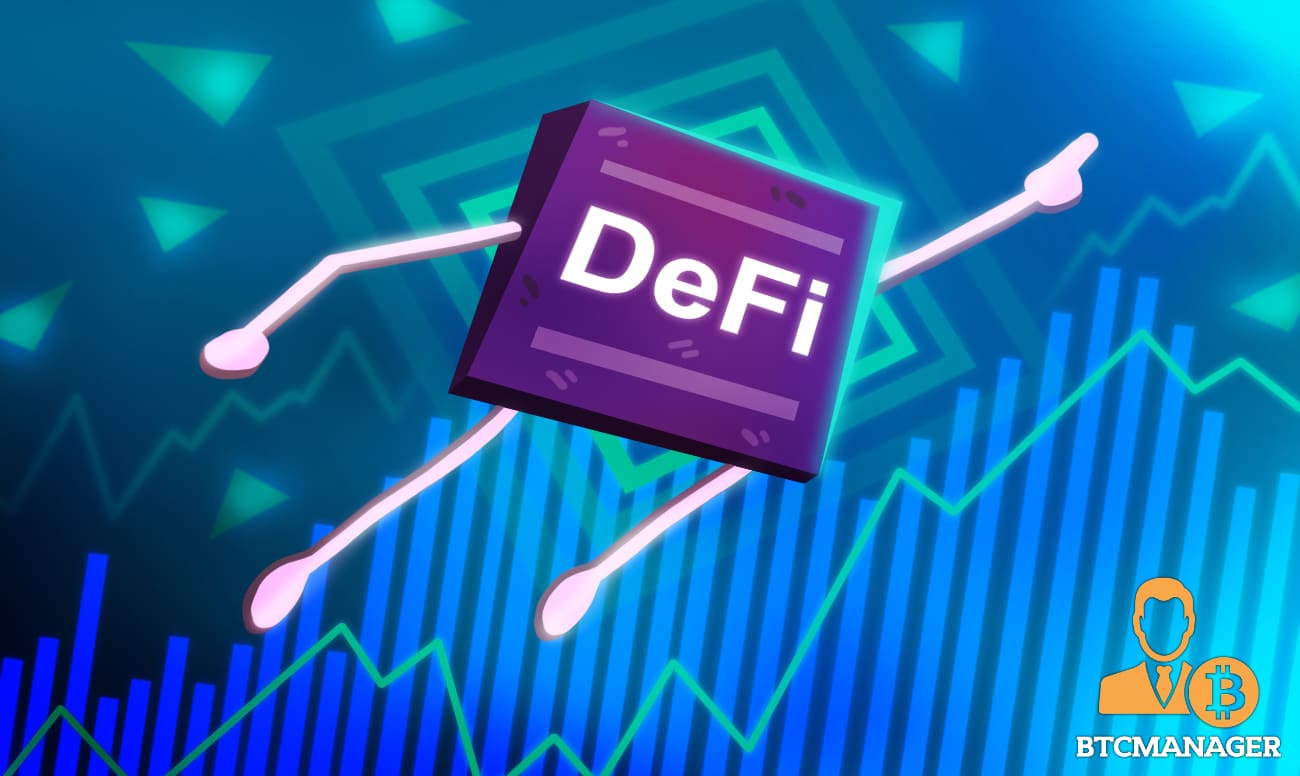
The blockchain industry has managed to disrupt financial markets the world over with its transparent operation and ease of understanding. Users can send and/or receive money in the form of cryptocurrency through the system with a distributed network of ledgers that keeps all transactions, contracts and accounts public, leaving no room for mediation or third-party involvement, such as governments or centralized banks.
There are over 8000 currencies in circulation presently. Although Bitcoin happens to be the most talked-about one, it is Ethereum that offers more features, including relatively greater flexibility in its hosting of Decentralized Finance (DeFi), according to Bank of America.
What is DeFi and Why Is It Considered So Disruptive?
DeFi is a fast-growing domain of automated blockchain-based transaction, lending and trading platforms, poised to take over banks, insurance companies and Wall Street firms in the future. Short for Decentralized Finance, DeFi enables crypto-entrepreneurs to recreate conventional financial instruments in a distributed architecture without intervention from governments or companies.
With its distributed ledger technology, DeFi manages to conduct most of the functions on-chain which are otherwise discrete in fiat trading. The USP of DeFi is that it offers a global, open substitute for every financial service the world uses – savings, loans, trading, insurance and more – making basic financial services accessible to the world’s billions.
DeFi offers a vast and open network for developers to create for financial activities without involving centralized institutions. It also lends an array of customizable components – protocols, digital assets, dApps and Smart Contracts – all assembled on the blockchain. The programmable and transparent financial network is open to all likewise, regardless of geographical and political boundaries.
How is DeFi different from Bitcoin?
At the most basic level, Bitcoin can be considered as the original decentralized finance project. After all, Bitcoin provides its holders with permissionless control over exchanges, whenever and with whomever they want. Bitcoin may be termed as the simplest form of decentralized finance, allowing users to open new wallets in seconds to store their wealth in a value that is protected not by policies and guards but by mathematical codes.
DeFi, however, is distinct because it is no longer so simplistic in function. It has managed to expand the use of blockchain from a few simple transfers to more complicated financial use cases. One can use DeFi for all kinds of financial operations in function today in any bank or trading or insurance platform worldwide. Ethereum is much better designed to handle DeFi services compared to Bitcoin due to its complex capabilities for managing Smart Contracts.
Why is DeFi Growing?
There are several critical reasons behind DeFi’s soaring popularity, chief among them being the absence of intervention by governing centralized authorities such as banks. There is zero involvement of third parties, therefore users do not have to rely on trust and credit scores. The platform is accessible 24×7 and settlements are comparatively quicker and easier.
There is minimal counterparty risk compared to traditional financial operations the world has been using so far. The permissionless, censorship-resistant and immutable ecosystem that DeFi provides has led to its wide popularity.
Are There Any Challenges Concerning DeFi?
Yes, there are, although there is room to improve them over time. The DeFi ecosystem is gradually getting dominated by newer apps on the horizon. However, most of them use foreign and complex concepts and steps that ruin the user experience, confining dApps usage to a small crypto circle.
However, solution providers have already taken the task to themselves, such as PolkaFoundry which solves dApps UX issues with its innovative features. In place of a private key, it assigns a signing key to each user that comes with an expiry time and a limited set of permissions, improving both dApp security and UX problems at once. Also, it provides for seamless onboarding with flexible monetization strategies.
PolkaFoundry also offers a lot of options in terms of building on the DeFi ecosystem. From open lending platforms by connecting dApps to NFT auction and marketplaces, from cross-chain DEX on external chains to DeFi derivatives driving innovations, PolkaFoundry offers it all. One can also use the all-inclusive dApp factory to create decentralized insurance and prediction markets.
The Way Ahead
The entire world gradually seems to be taking in the power and utility of decentralized finance. In a 2018 blog post, Bain Capital Ventures partner Salil Deshpande highlights that DeFi has the potential to “make our financial systems more transparent, more resilient and less fragile.” With more and more people raking in the power of the crypto, DeFi is seen as a more disruptive and revolutionary tool than Bitcoin to have in your pocket.
Related posts:
Coinsmart. Beste Bitcoin-Börse in Europa
Source: https://btcmanager.com/what-makes-defi-more-disruptive-than-bitcoin/



